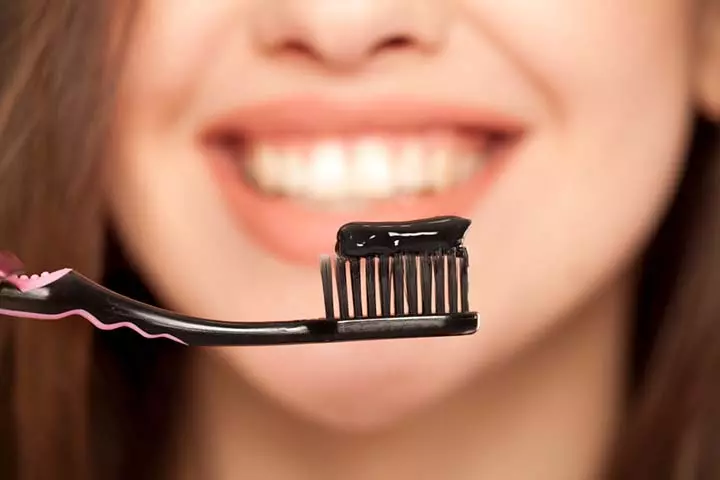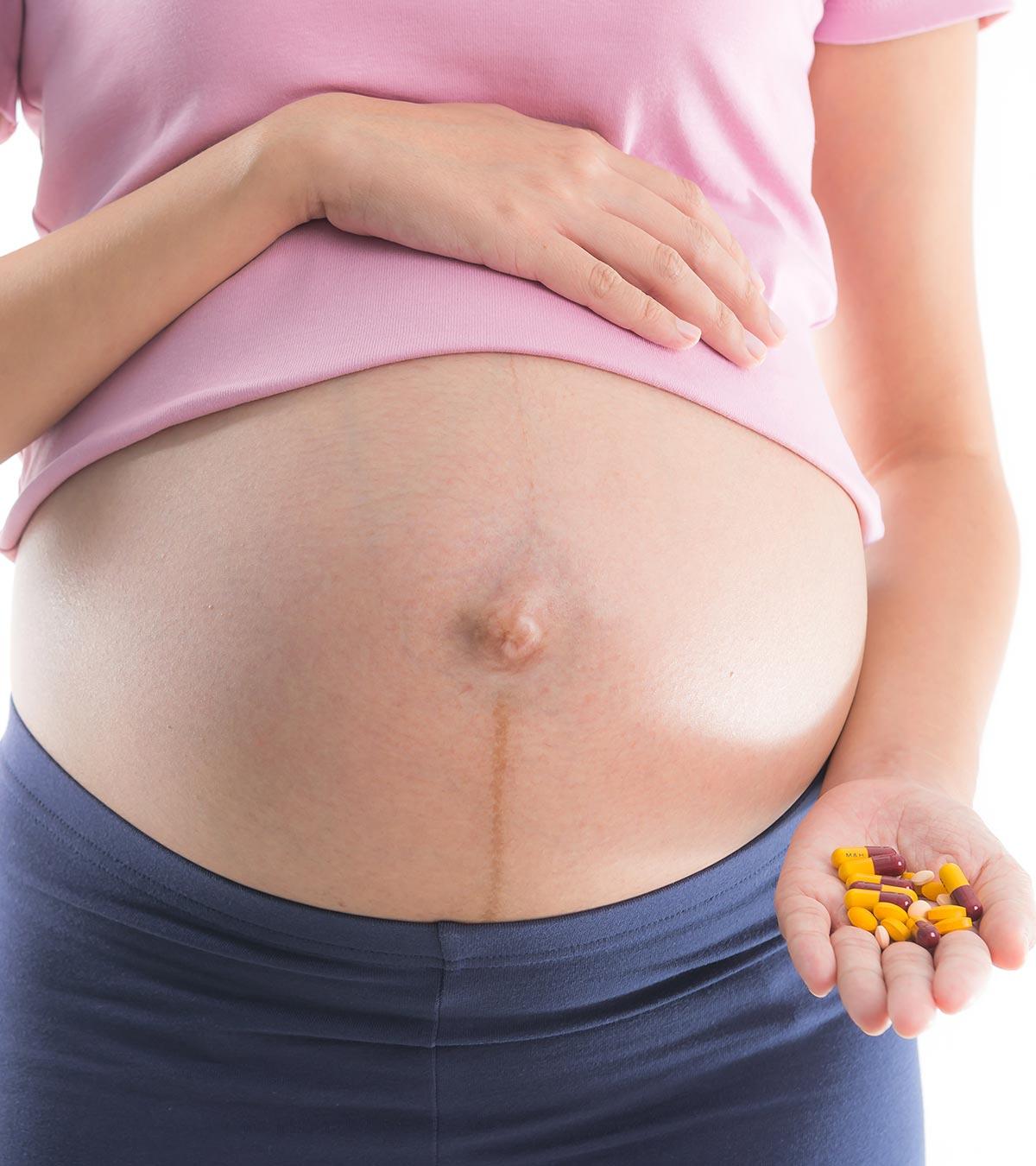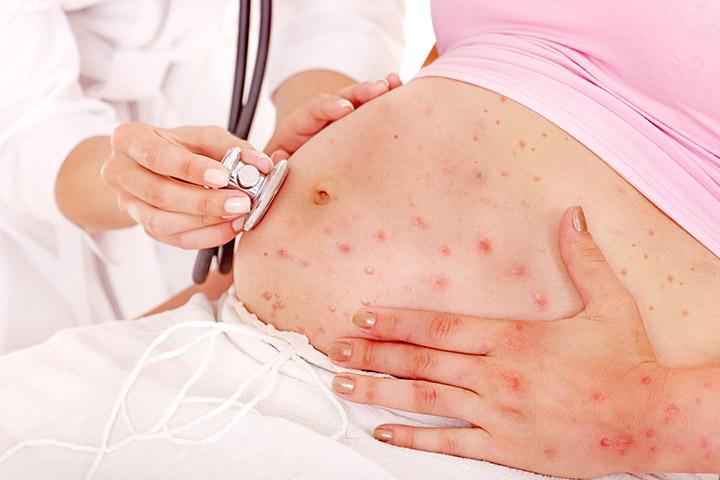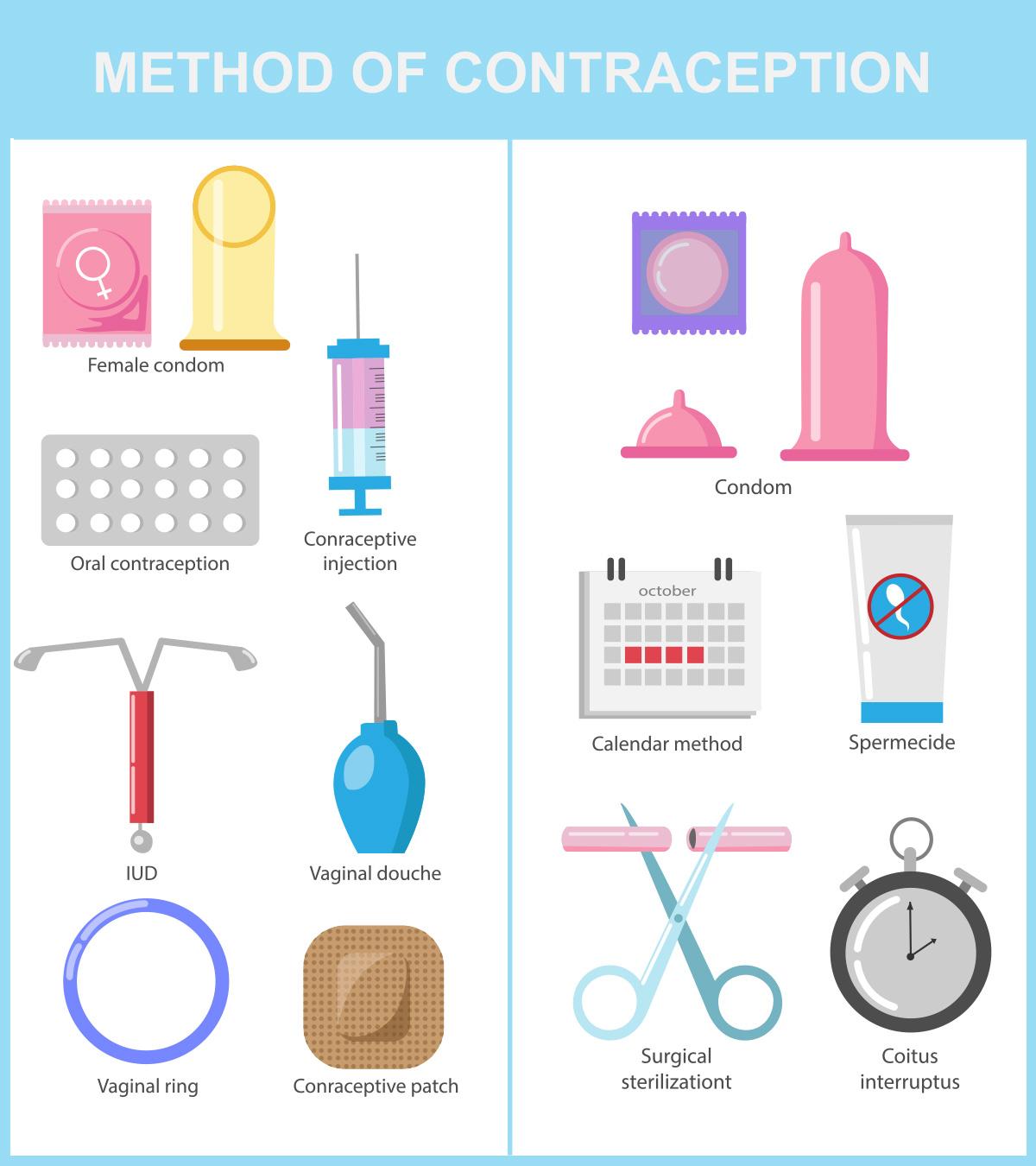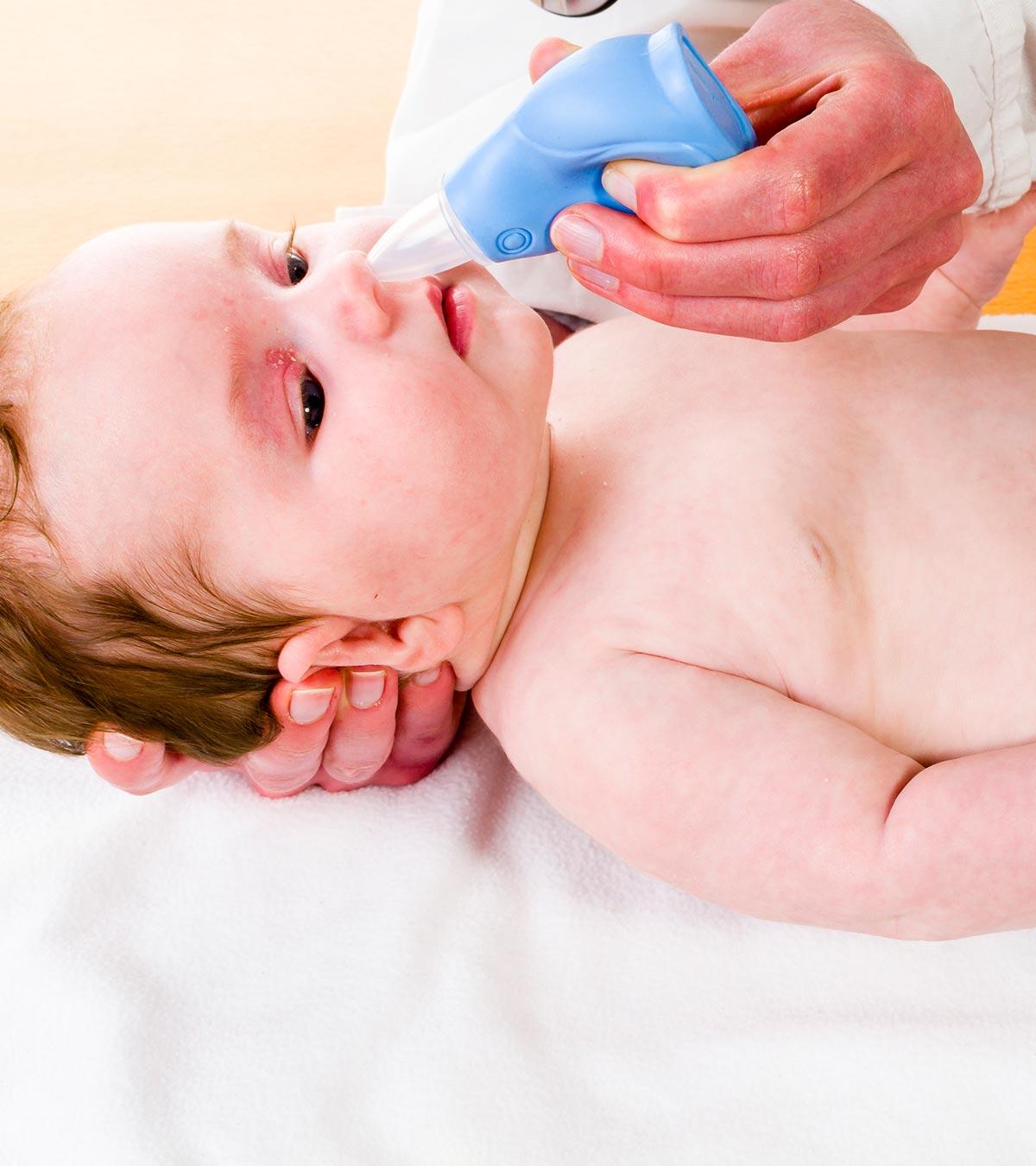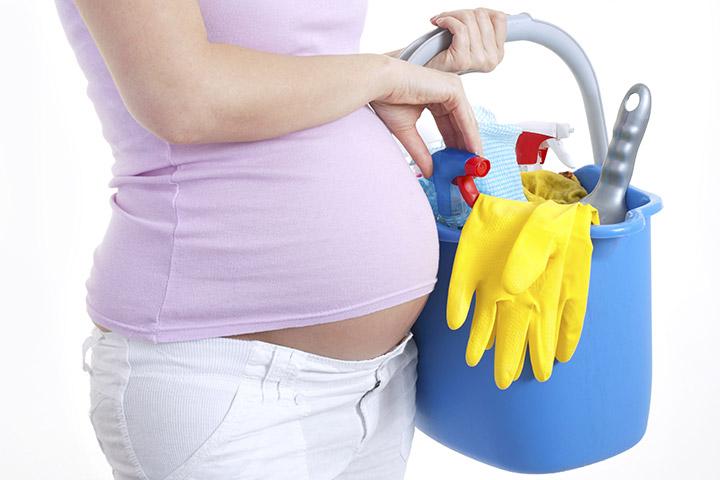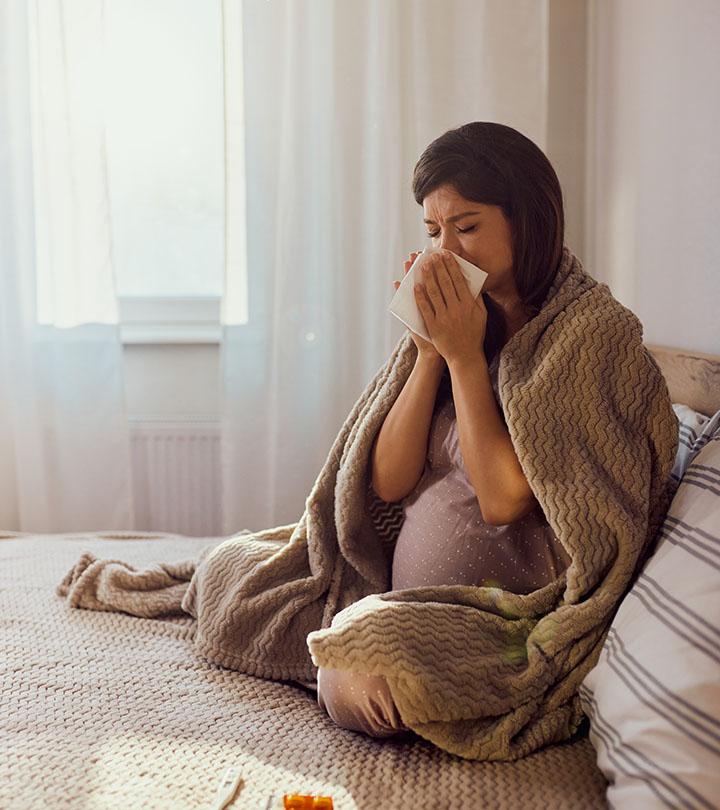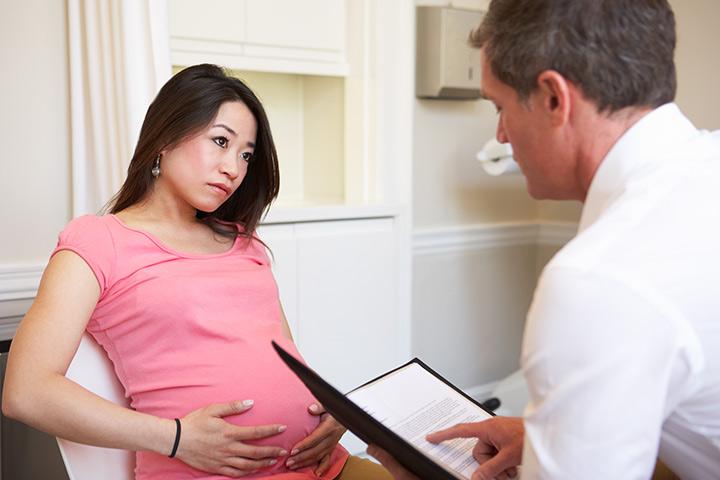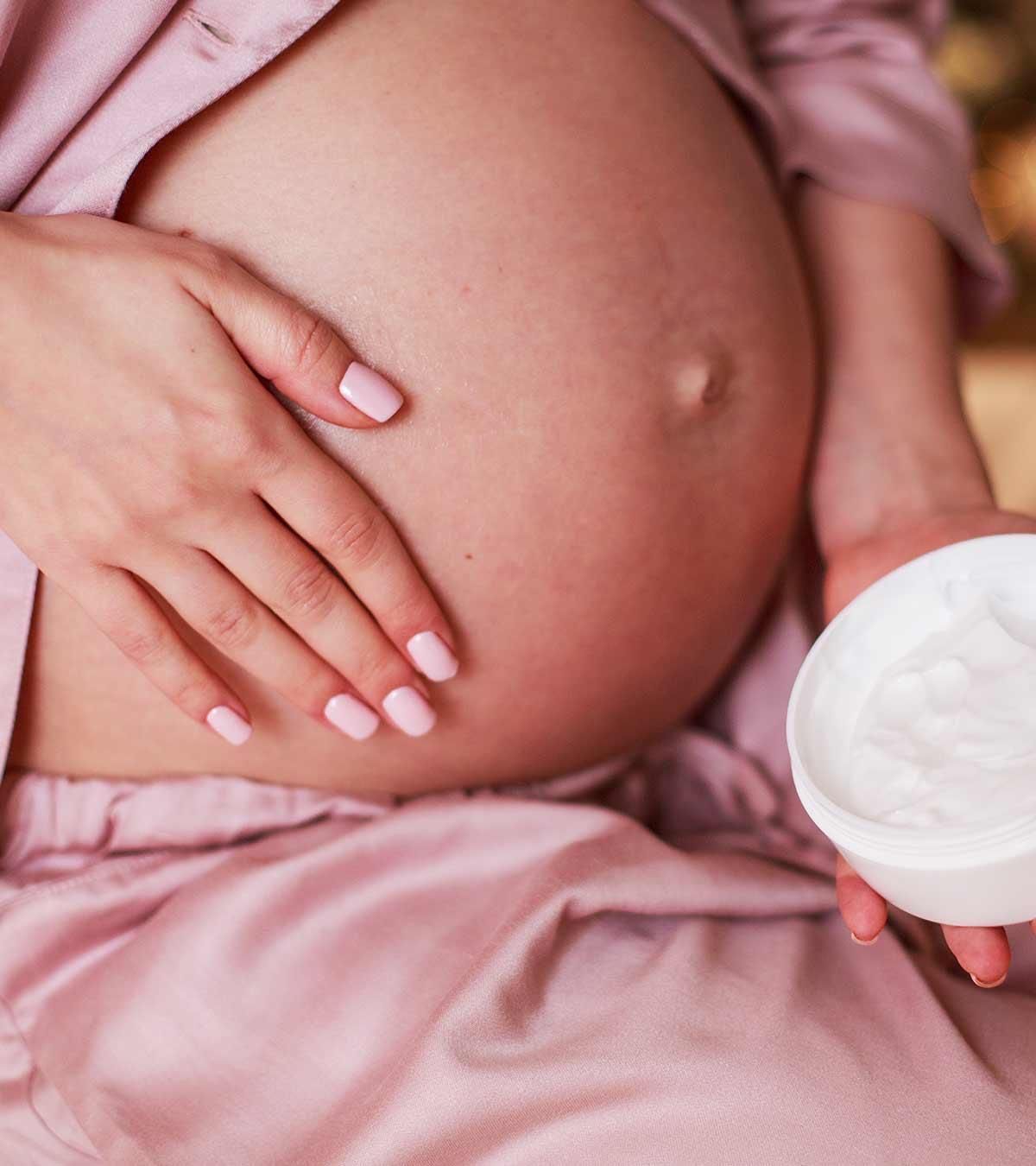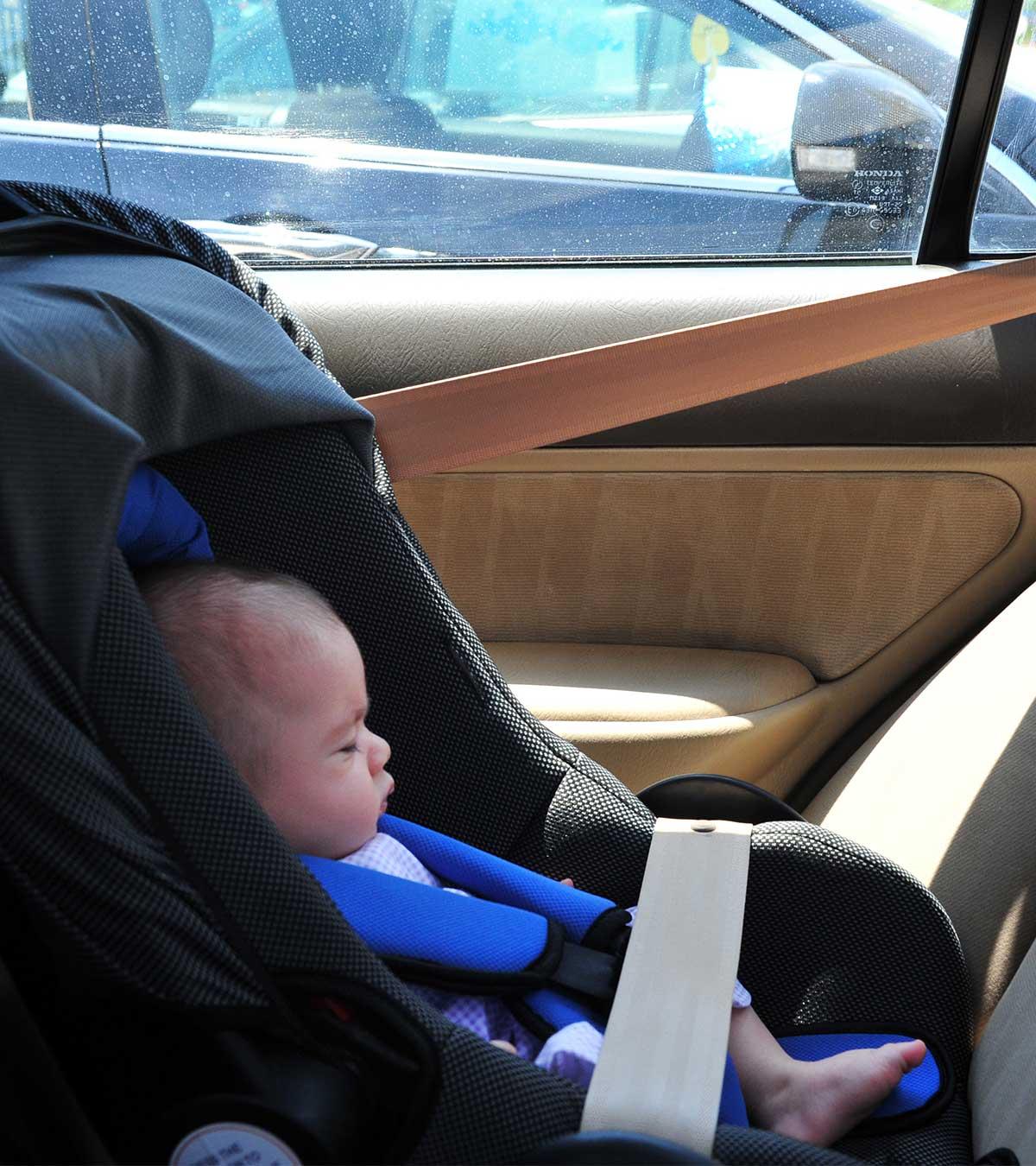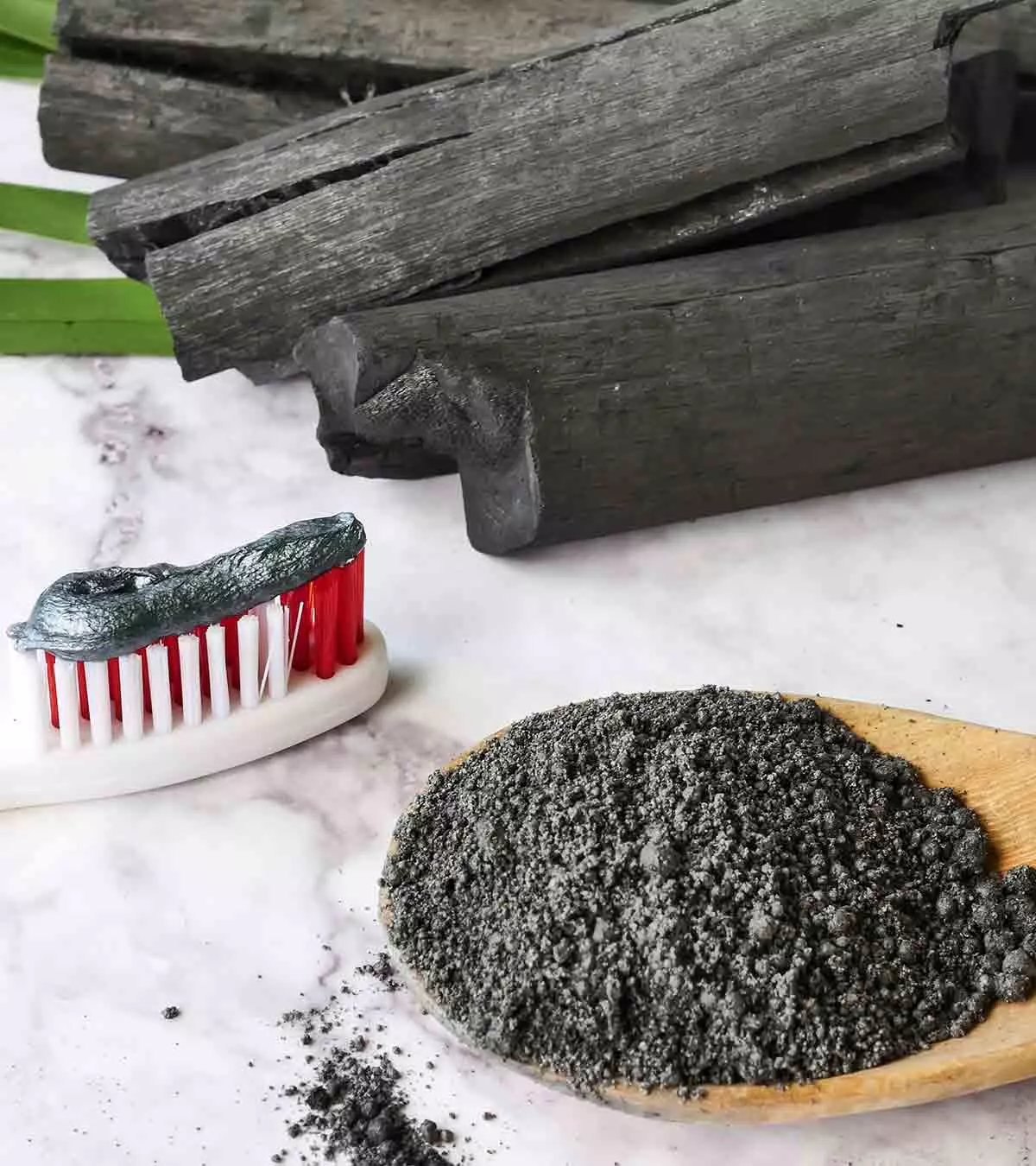
Image: Shutterstock
Regular use of activated charcoal during pregnancy to ease morning sickness and other pregnancy symptoms may interfere with nutrient absorption. Activated charcoal has more pores or internal spaces than normal charcoal to trap chemicals and toxins. It is made by heating normal charcoal in a specific gas to create pores. Activated charcoal is not recommended to use without medical reasons in pregnant women since this may interfere with the absorption of prenatal vitamin and mineral supplements.
You may seek doctors’ advice before using activated charcoal or other alternative products in pregnancy. Read on to know the safety, effectiveness, and uses of activated charcoal in pregnancy.
Key Pointers
- The safety and effectiveness of activated charcoal during pregnancy is not well established, and further studies are needed.
- Regular use of activated charcoal during pregnancy may hinder nutrient absorption and is not recommended without medical justification.
- Activated charcoal can lead to constipation, nausea, vomiting, black stools, and disruptions in nutrient absorption.
- In the event of poisoning or overdose, emergency medical care should be sought.
Is Activated Charcoal Safe During Pregnancy?
Activated charcoal is not toxic; a doctor can conduct a risk-to-benefit assessment and administer activated charcoal (1). However,activated charcoal may prevent the absorption of certain pregnancy or lactation supplementsiSubstances that help enhance milk supply in nursing mothers and may interact with some medications.
There is no conclusive evidence that has been gathered to highlight the possibility of birth defects in babies born to mothers who have been exposed to activated charcoal during pregnancy. However, it is always better to talk with your doctor before consuming.
Activated charcoal is not recommended for pregnant women with intestinal issues like intestinal obstructioniA blockage in the intestines that prevents the usual movement of its contents or slow bowel movement. While its consumption may not harm expectant mothers, her unborn children, or breastfed infants, its use should be with caution.
Image: Shutterstock
The effectiveness of activated charcoal at treating certain types of toxicities and poisoning, like food poisoning, may vary depending on the time of exposure and the kind of substance (toxin or poison) ingested. Therefore, activated charcoal during pregnancy should only be consumed under the guidance of a healthcare professional.
Note: The effectiveness of charcoal in poisoning or drug overdose does not mean that it is effective in detoxing or cleansing the body. Pregnant women should observe caution while consuming detoxifying charcoal juices and other products. Activated charcoal is known by several other names, such as charbon actif, activated carbon, lamp black, vegetable carbon, animal carbon, etc. Therefore, check the ingredients of health supplements and juices before you take them.
Uses Of Activated Charcoal During Pregnancy
Activated charcoal is used to treat some conditions. In the event of being diagnosed with poisoning, one experiences abdominal pain or cramping, nausea, and vomiting. In these emergency cases, activated charcoal is administered under medical supervision to absorb the toxins from the body.
However, there is a lack of scientific evidence from randomized controlled trialsiA trial where participants are assigned to random groups in a research study and other studies to support its use, other than the treatment of ingestion of certain toxins or oral drug overdose.
Although there is not enough data to assess the actual effectiveness of activated charcoal, the oral ingestion of activated charcoal could be beneficial in the following ways (2).
- Lowers cholesterol
- Reduces morning sickness
Image: Shutterstock
- Treats diarrhea and upset stomach
- Reduces abdominal gas, bloating and flatulence
- Relieves indigestion symptoms
- Treats obstetric cholestasis or intrahepatic cholestasis of pregnancy (reduced bile flow in pregnancy causing accumulation of bile salts)
 Research finds
Research finds- Reduce phosphate levels in dialysisiProcedure involving filtration of the waste from the body through a machine, usually employed when the kidneys stop working properly patients
Topical uses:
- Wound healing bandage
- Teeth whitening
These natural remedies are not approved or regulated by the US Food and Drug Administration (FDA). More studies are required to determine the effectiveness of the above-listed uses of activated charcoal in pregnancy.
Side Effects Of Using Activated Charcoal In Pregnancy
The use of activated charcoal regularly and in high amounts can be associated with certain side effects, such as the following (3).
- Constipation
- Nausea
- Vomiting
- Black stools
- May interfere with nutrients and the dietary supplements absorption process
- Interaction with certain drugs, such as syrup of Ipecac
- May harm gut bacteria
The compounds found in charcoal may also cause unpleasant effects. Therefore, seek expert advice to know the safety and effectiveness of activated charcoal and other ingredients in activated charcoal products.
Activated Charcoal Dosage During Pregnancy
The prescribed dosage of activated charcoal in poisoning or overdose can be 50-100 grams for the initial dose, followed by 12.5 grams per hour (4)
. These are given at poison centers or hospitals under medical supervision. The exact dosage of activated charcoal may vary depending on the severity of the poisoning, the health status of the patient, and the medical guidance.
 Caution
CautionActivated charcoal is not useful in acid or caustic ingestions, and many other chemicals. Do note that the FDA or other drug-regulating authorities do not regulate the dosage level of activated charcoal for natural remedies and other conditions.
Activated Charcoal Interactions
Peroral activated charcoal may reduce the effectiveness of orally ingested prescribed medications. The charcoal may bind with medicine and prevent their absorption. It is advisable to seek medical advice before using activated charcoal in pregnancy, since you may have to take essential vitamin and mineral supplements for the pregnancy (5).
Activated charcoal may also reduce the absorption of micronutrients from food sources. Taking activated charcoal for unproven benefits may reduce the absorption of prenatal vitamins and mineral supplements. Also, drug interactions of activated charcoal should be adequately discussed with your health providers.
Can You Use Activated Charcoal To Whiten Teeth While Pregnant?
Image: Shutterstock
Activated charcoal is often used for teeth whitening. It is said to absorb plaqueiA thin, sticky bacterial coating developing on the teeth that may cause tooth decay and gum problems and other teeth-damaging chemicals from the oral cavity. However, this anecdotal remedy lacks scientific evidence.
The American Dental Association (ADA) does not recommend using charcoal-based tooth whitening products (6) (7). Also, charcoal may damage dental enamel due to abrasion. If you wish to whiten your teeth during pregnancy, then visit a dentist who can recommend a safe toothpaste with low relative dentin abrasivity (RDA) rating (8).
Frequently Asked Questions
1. What’s the difference between charcoal and activated charcoal?
The incomplete burning of plant or animal products results in the creation of charcoal. Charcoal is mainly used for outdoor cooking. However, activated charcoal is the kind of charcoal that is used most frequently in industrial settings. The charcoal is heated, exposed to steam, or treated with a chemical during the activation process to remove contaminants that have clung to it and break it down into smaller particles, increasing its surface area (9).
2. Which is better during pregnancy: charcoal or activated charcoal?
Short-term usage of activated charcoal when pregnant or nursing may be safe; however, before using it, speak with your healthcare physician (4).
3. Are there different types of activated charcoal?
Activated charcoal is of five different types. They include Granulated activated charcoal, Impregnated activated charcoal, Powdered activated charcoal, Pelletized activated charcoal, and Catalytic activated charcoal.
4. Is charcoal body wash safe during pregnancy?
Board-certified obstetrician-gynecologist from Lake Arrowhead, California Dr. Michael Green opines, “The safety of charcoal body wash during pregnancy may depend on the specific ingredients in the product. Many body washes generally contain small amounts of activated charcoal for its purported skin-cleansing properties. Check the product’s ingredients for potentially harmful substances and consult your healthcare provider before using them.”
The use of activated charcoal during pregnancy is debatable and hence needs to be carried out with caution. Pregnancy is the period when you need to be extremely careful and aware of the things you ingest or use as they can directly affect your baby and, in turn, complicate your pregnancy. Although your doctor may administer activated charcoal during pregnancy for detoxification purposes, it also is likely to induce certain side effects. Hence you must not use it without your doctor???s permission and check the detoxification agents for any warning signs to avoid harmful effects.
Infographic: When Should Activated Charcoal Not Be Given?
Activated charcoal could help to treat certain toxicities. However, due to possible risks, consuming activated charcoal without consultation is not during pregnancy. Go through the infographic to know the contraindications for activated charcoal use in ingested poisoning cases. Illustration: Momjunction Design Team
Activated charcoal is a powerful natural remedy that can help detoxify your body. Learn from this video on how to use it and the amazing benefits it can provide!
References
1. Jason Silberman, et al. ; Activated Charcoal; StatPearls Publishing
2. Activated charcoal; Summit Medical Group
3. The hype of activated charcoal; Allina Health System
4. Activated charcoal; MedlinePlus; The United States National Library of Medicine
5. Activated charcoal; MyHealth; The Government of Malaysia
6. Whitening; American Dental Association (ADA)
7. Natural Teeth Whitening: Fact vs. Fiction; American Dental Association (ADA)
8. Manuel J. Zoller, et. al.; Relative dentin and enamel abrasivity of charcoal toothpastes; US National Library of Medicine
9. William S. Utley; Charcoal; ScienceDirect (2005)
10. Kaaja RJ et al.; Treatment of cholestasis of pregnancy with peroral activated charcoal. A preliminary study; NCBI (1994)
Community Experiences
Join the conversation and become a part of our nurturing community! Share your stories, experiences, and insights to connect with fellow parents.
Read full bio of Dr. Anita Gupta
- Dr. Michael Green is a board-certified OB/GYN living in Lake Arrowhead, CA. He studied medicine at St. Louis University of Medicine and completed a Family Medicine Residency at the Ventura County Medical Center. Dr. Green did a second residency in Obstetrics and Gynecology at The Carolinas Medical Center in Charlotte, NC. In addition, he holds a masters degree in Chemistry from the California State University Northridge. With over 17 years experience, Dr. Green currently works as a site director for OBHG at Northridge Medical Center in Northridge, CA.
 Dr. Michael Green is a board-certified OB/GYN living in Lake Arrowhead, CA. He studied medicine at St. Louis University of Medicine and completed a Family Medicine Residency at the Ventura County Medical Center. Dr. Green did a second residency in Obstetrics and Gynecology at The Carolinas Medical Center in Charlotte, NC. In addition, he holds a masters degree in Chemistry from the California State University Northridge. With over 17 years experience, Dr. Green currently works as a site director for OBHG at Northridge Medical Center in Northridge, CA.
Dr. Michael Green is a board-certified OB/GYN living in Lake Arrowhead, CA. He studied medicine at St. Louis University of Medicine and completed a Family Medicine Residency at the Ventura County Medical Center. Dr. Green did a second residency in Obstetrics and Gynecology at The Carolinas Medical Center in Charlotte, NC. In addition, he holds a masters degree in Chemistry from the California State University Northridge. With over 17 years experience, Dr. Green currently works as a site director for OBHG at Northridge Medical Center in Northridge, CA.
Read full bio of Dr Bisny T. Joseph
Read full bio of Rebecca Malachi
Read full bio of Aneesha Amonz







